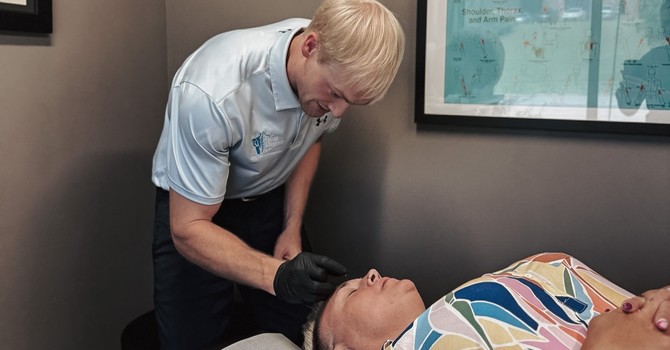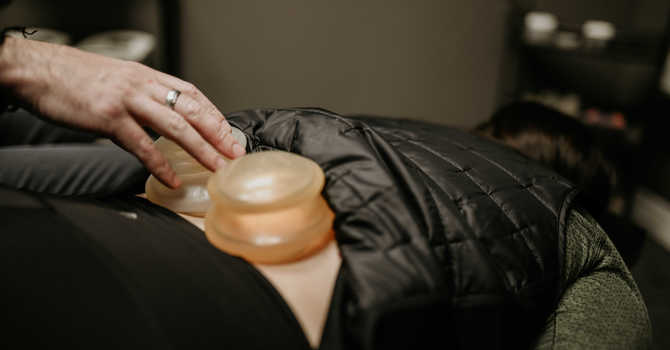Blog
Headache Pain Is Very Common
Headaches are extremely unpleasant and impact over half of the population.
A significant portion of people suffering from headaches do so because of problems in the neck and are classified as "cervicogenic headaches." In most cases, the triggering effect of a cervicogenic headache is limited movement of the joints in your upper cervical spine. Normally, each of the joints in your neck moves freely and independently.
In some cases, there may be some restrictions in the upper cervical spine that initiate a painful cycle of stiffness, muscle tightness and joint inflammation. This may cause increased irritation and sensitivity in the nerves leading from your neck into the back of your head.
What Are The Causes Of Cervicogenic Headaches?
Cervicogenic headaches are typically more prevalent on one side of your head, but may also be present on both sides of the head.
Pain often is found in the base of your skull and then moves toward the top of your head and even over your eyes. In more rare circumstances, the pain may go into your arm.
These headache episodes can last anywhere from hours to days. The pain is ongoing but fluctuating and is often described as "deep." You may also be subject to chronic neck tenderness and stiffness.
What Are The Symptoms Of Headaches?
Cervicogenic headache symptoms may be caused by numerous triggers but most commonly they are created by reproduced or awkward movements and postures.
The condition is more commonly found when patients have recently experienced some form of trauma, such as a motor vehicle accident or an earlier concussion.
The condition often affects middle-aged adults and is significantly more common in women by a rate of four to one. Cervicogenic headaches are on occasion brought on by poor posture, including a "slouched" or "forward head" posture.
When To Seek Help For Your Headaches
Are your headaches becoming progressively worse over time?
Make sure to contact us immediately if at any point you find yourself experiencing a sudden onset of a severe headache, a new or unfamiliar headache, or if you notice significant neck stiffness, rash, numbness or tingling on your face, light-headedness, dizziness, loss of consciousness, difficulty speaking, difficulty swallowing, difficulty walking, nausea, numbness radiating into your arms or legs, or fever.
What Are Some At-Home Treatments For Headaches?
Dehydration can greatly aggravate cervicogenic headaches.
Make sure that you are drinking 6-8 glasses of water each day, more in hot weather or when you've been sweating. Since cervicogenic headaches are the result of a mechanical problem, medicines are often ineffective. Fortunately, we have several tools to help solve this problem.



